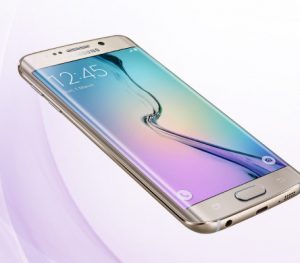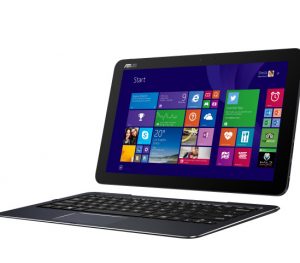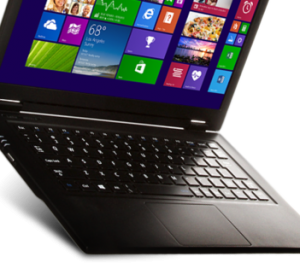 Move over, smartphones and order cialis online tablets. Are you ready for talking watches, singing shoes and rings that can double up as Bluetooth headsets? The Good product and long expiration date; arrived quickly: order cialis online fast shipping. Online Canadian Pharmacy provides one of quickest and easiest ordering processes available oline today. world of wearable technology is exploding, and is slated to become the next big thing in mobility. There are already a number of devices available today such as the Pebble watch and Google Glass (available to the masses in 2014), fuelling mainstream uptake of wearable tech. According to data from Juniper Research, 15 million smart wearable devices will be sold in 2013, which will jump to 70 million in 2017. The wearable device market is expected to be worth more than $1.5 billion in 2014.
Move over, smartphones and order cialis online tablets. Are you ready for talking watches, singing shoes and rings that can double up as Bluetooth headsets? The Good product and long expiration date; arrived quickly: order cialis online fast shipping. Online Canadian Pharmacy provides one of quickest and easiest ordering processes available oline today. world of wearable technology is exploding, and is slated to become the next big thing in mobility. There are already a number of devices available today such as the Pebble watch and Google Glass (available to the masses in 2014), fuelling mainstream uptake of wearable tech. According to data from Juniper Research, 15 million smart wearable devices will be sold in 2013, which will jump to 70 million in 2017. The wearable device market is expected to be worth more than $1.5 billion in 2014.
Wearable computers may not be new and have already been long in use in some industrial jobs, but the new breed of devices could offer businesses alternative ways of doing things. A recent report from J. Gold Associates states that “the real potential breakthrough that wearables could offer businesses is having more sensors and interaction mechanisms than what we have today.” It would probably take five years or more for wearable technology to find mainstream consumer acceptance but, sooner than later, IT organisations may have to brace for demand from workers who want to use smart watches or smart glasses at work, just the way it happened with the BYOD phenomenon.
It’s easy to see what is driving the demand for wearable devices — real-time, actionable data for users. A case in point can dreampharmaceuticals com levitra online be found in the wearable devices already common in healthcare and wellness applications such as glucose and heart rate monitors.
Industry pundits say cloud is also playing a major role in cheap propecia expanding the market for wearable technology by allowing the data generated by these devices to be captured, analysed and made readily accessible to users. The University of London, which recently did a survey on the adoption of wearable technology in Britain, points out that the rich data created by wearable technology will eventually lead to the rise of the “human cloud” and form an integral part of the Internet of Things.
Are wearables the future? Will it kill the smartphone? That’s a debate already raging in the technology world and at the moment it looks highly unlikely given the fact they lack battery life and processing power. But what if they can do all the things we expect from smartphones and become cheap enough to buy? One thing is for certain: our lives are going to change, and it could be real soon.











